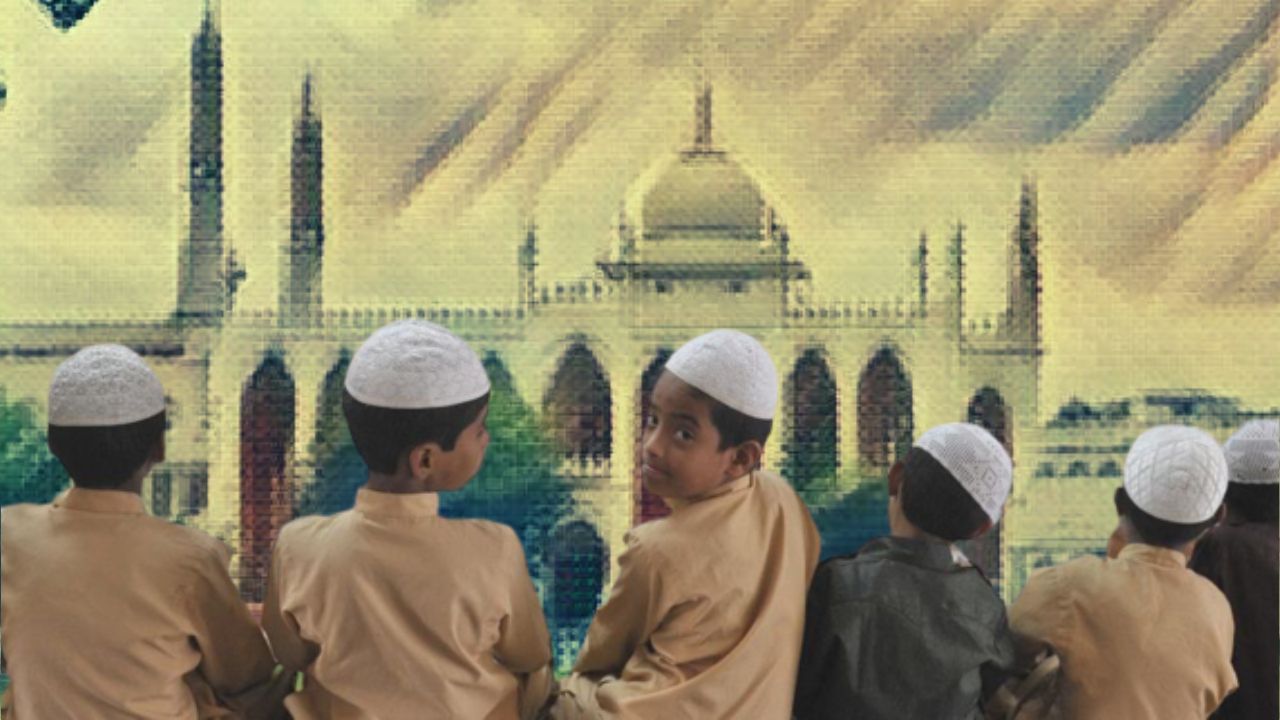In response to the Uttar Pradesh government’s decision to investigate the availability of essential facilities and qualified teachers in state-funded madrasas, Chairman of the UP Madrasa Education Board, Iftikhar Ahmad Javed, has called for a delay in the exercise. Javed, in a letter addressed to Minority Welfare Minister Dharmpal Singh, emphasised the ongoing examination preparations in madrasas, urging that the examination work should take precedence to secure the students’ future.
“The madrasa board intends that the annual examinations in the madrasas of the state should be conducted on time like other education boards,” Javed stated in his letter, expressing concerns that the ongoing probe is causing confusion and hindering examination procedures.
Javed highlighted the potential consequences of a delay in examinations, especially with Lok Sabha elections scheduled for next year. He urged authorities to prioritize examination-related tasks to avoid any setbacks.
The Minority Welfare Department’s Director, J Reebha, issued a letter on December 1, directing divisional deputy directors and district minority welfare officers to ensure fundamental facilities and competent teachers in madrasas for quality education. The letter stressed the importance of cultivating “exploratory, interesting, and scientific perspectives” in students and integrating them into the mainstream.
To achieve this, the letter called for a comprehensive probe into madrasa buildings, available facilities, and the educational records of teaching and non-teaching staff in state-aided madrasas. A report on these aspects is expected to be submitted to the Registrar of the Madrasa Education Board by December 30.
Approximately 25,000 recognized and unrecognized madrasas are currently operational in Uttar Pradesh, with 560 receiving grants from the state government. A committee, comprising the District Minority Welfare Officer and the District Magistrate, has been formed to conduct the probe. In districts with more than 20 madrasas receiving state grants, additional committees will expedite the investigative process.
It’s noteworthy that the state government conducted a comprehensive check of all recognized and unrecognised madrasas in September last year, identifying around 8,000 unregistered madrasas. In 2017, a previous probe required all madrasas in the state to upload details of teachers and other relevant information on the madrasa board’s portal.
Related











































